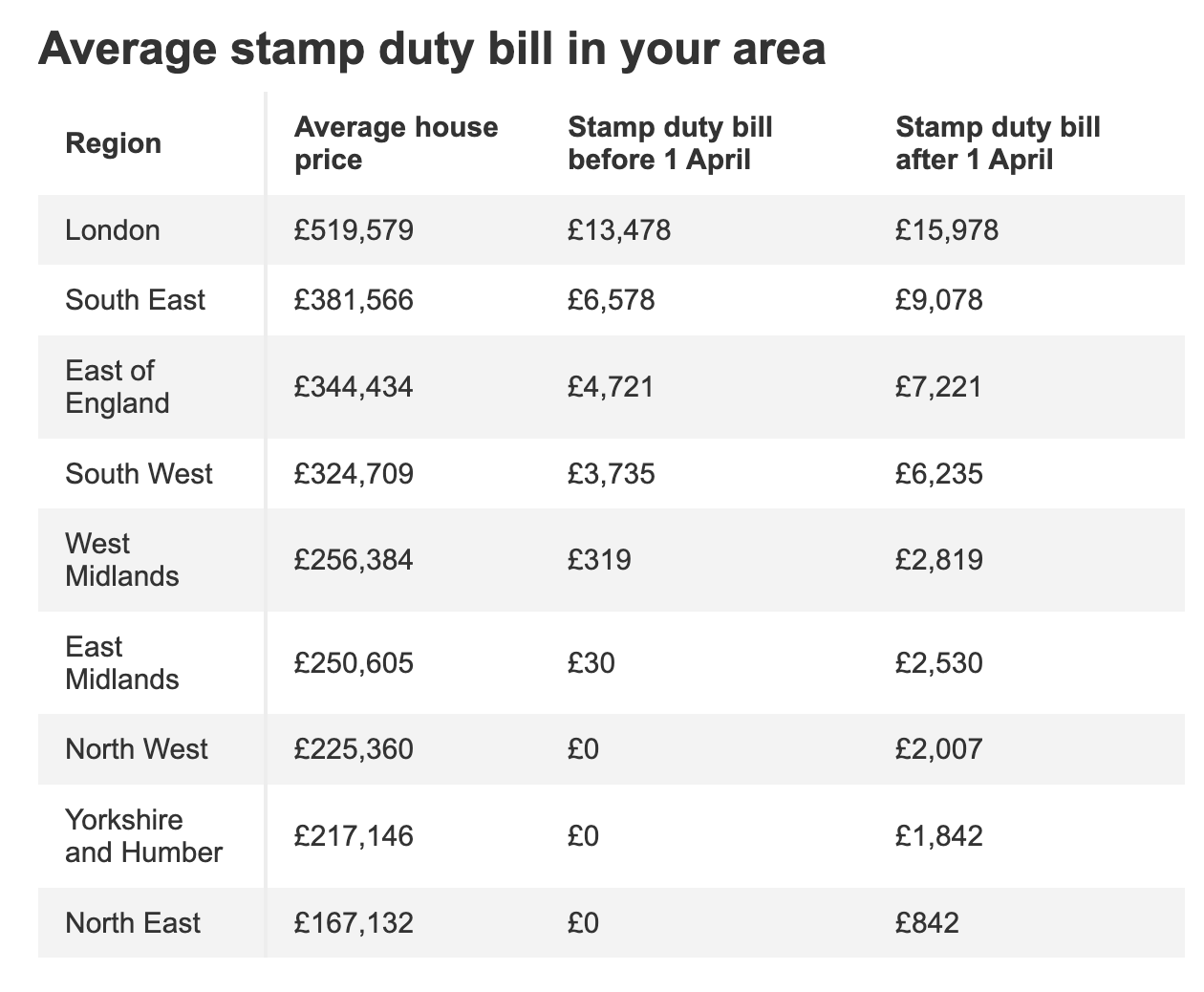Pounds, pennies, possibilities
Plus wealth inequality, stamp duty, maternity leave and careers...
Money Brunch yesterday was wonderful. We were talking about finances and relationships — inspired by a lively debate in our WhatsApp group about an article in last week’s newsletter which said that a quarter of Brits hide savings from their partners.
I’ve started writing up notes from our discussion and will send these mid-week. Watch this space.
This week also marks the first time this quarter I’ve reminded people to start thinking about using up their annual £20k ISA allowance. You have until 6 April officially, but that is a Sunday, and some providers require a few days to complete an ISA transfer.
So why not aim for the end of March instead?

As a recap:
An ISA is a tax-free wrapper that can apply to cash savings (cash ISAs) and investments (stocks and shares ISAs)
You have a £20k allowance to split across these different products
And you can use it for different things:
Cash ISA: long-term savings, short-term savings, an emergency fund
Stocks and Shares ISA: general wealth building, investing money to reach a certain target, in order to finance a specific goal
Here are the current best cash ISAs and the top stocks and shares ISA providers. Get cracking!
In the meantime, the usual three hand-picked articles, plus additional links, are presented below for your reading pleasure!
1. Wealth of those aged 65-69 has almost doubled in 10 years thanks to property and pensions
The median total wealth of those aged 65 to 69 jumped by £112,567, or 46%.
The average wealth increase for those in their late 30s was just 9%, or £6,751.
The pension income required to lead a 'moderate' lifestyle in retirement has increased by 27% in the past year - 27%!!!
Occasionally, I think, it is important to remind ourselves of how much circumstance plays a role in wealth generation. Like cheap property purchases which subsequently rocketed in value; generous pensions…
And how ‘retirement’ is going to be a very different concept for many people, compared to what we picture it as.
2. Five women on how maternity pay has affected their career
This is a short collection of case studies. I’ve pulled out some of the insights here.
The one who actively looks for jobs with generous benefits — and is in a company where they offers enhanced maternity pay, with 22 weeks at full pay, then 17 at statutory.
“I would never ask about this in interviews because I genuinely believe it will go against me if employers think I’m planning to have children before I start the role.”
The one who recently became pregnant and had to tell her employer earlier than planned, because of looming redundancies.
“It makes me even more anxious about miscarriage because if I miscarry, it would put me back in the redundancy pool immediately and I don't know how I'd cope with losing both my baby and my job within that space of time.”
The one who is currently on maternity leave (three months at full pay, three months at 50% pay, then three months at the statutory rate). Her husband’s salary and their combined savings have helped them keep up with their mortgage.
“My previous job had a really good maternity package and it was something that I debated staying for, but I also felt I had stagnated and that I couldn’t grow in my role. My head was telling me to stay but my heart was telling me to go. I saw this other job come up and it did scare me going for it, not knowing what the maternity pay would be and that me and my husband were thinking about having children in the next couple of years.”
3. What is the impact of stamp duty changes coming on 1 April?
Stamp Duty Land Tax (SDLT) is a tax you pay on a property purchase. It’s tiered, so you pay a different amount tax at different thresholds:
In March 2025 you buy a house for £295,000. The SDLT you owe will be calculated as follows:
0% on the first £250,000 = £0
5% on the final £45,000 = £2,250
Total SDLT = £2,250The ‘nil rate band’ (or 0% taxable amount) is dropping to £125,000, and a 2% amount applies to the bit from £125,000-£250,000. This reverts back to the
In April 2025 you buy a house for £295,000. The SDLT you owe will be calculated as follows:
0% on the first £125,000 = £0
2% on the second £125,000 = £2,500
5% on the final £45,000 = £2,250
Total SDLT = £4,750This means that any property purchase above £250,000 will cost more. And properties under that price will qualify for tax, where they didn’t before.
For first-time buyers, the rules are different. Currently you would pay no tax on the first £425,000 of a property, but only if the property price is £625,000 or less.
From 1 April, your tax-free allowance is £300,000, for properties valued £500,000 or less.
What does this mean?
People will be rushing to complete on property purchases before this new threshold takes effect — this is worth doing if you’re already in the process
If you’re not in the process, and can move quickly (and you find a genuinely great property) get your skates on! Otherwise, remember that a property purchase is a big commitment, and tax isn’t the only cost to consider — there are so many other costs associated with property (fees, renovations, insurance), alongside your time, energy and mental health
Links!
Money
In the US, homebuying hit a three decade low last year — predominantly from interest rates hitting 7% and higher, on top of higher home insurance costs
The job market is tough for new graduates — even if you dropped $200,000 on an elite MBA
5 money-draining mistakes travellers make when planning a vacation
Netflix’s ad-tier subscription is getting more expensive — and with seemingly more ads — it had a blockbuster earnings report, and is still hiking prices
56% of Gen Z say Bank of Mum and Dad gifts come ‘with strings attached’ — like business plans or cohabitation agreements
So we agree. Job hunting is appalling for our mental health.
Life
Free stuff you can do that feels productive and self-improvey in bleak January
Welcome to the peak advice era; have we all lost our intuition?
Thank you for reading! Have a wonderful week.





Thanks so much for including my piece! x